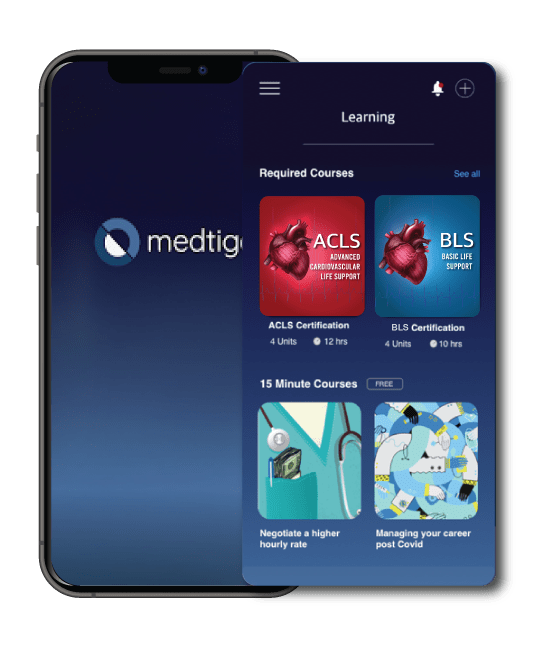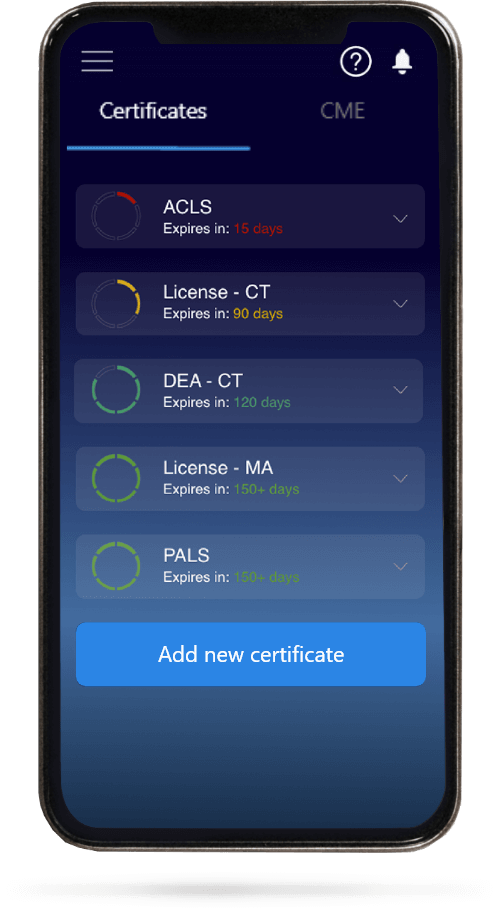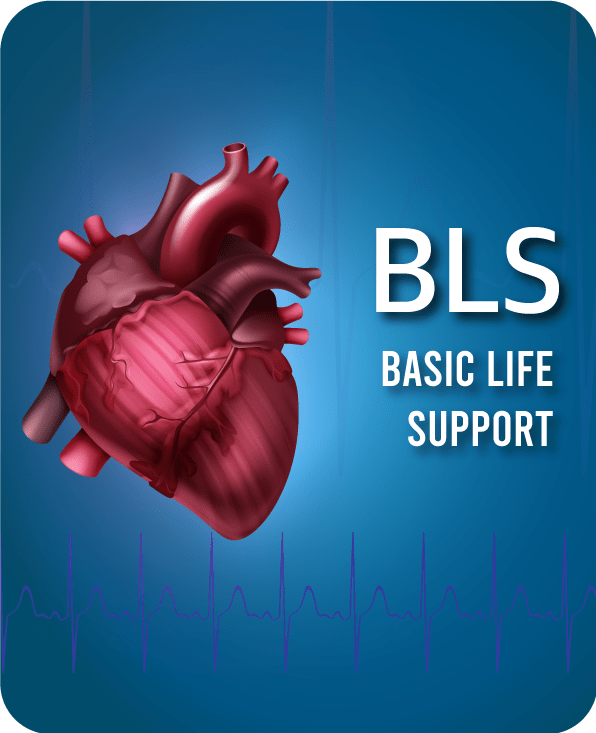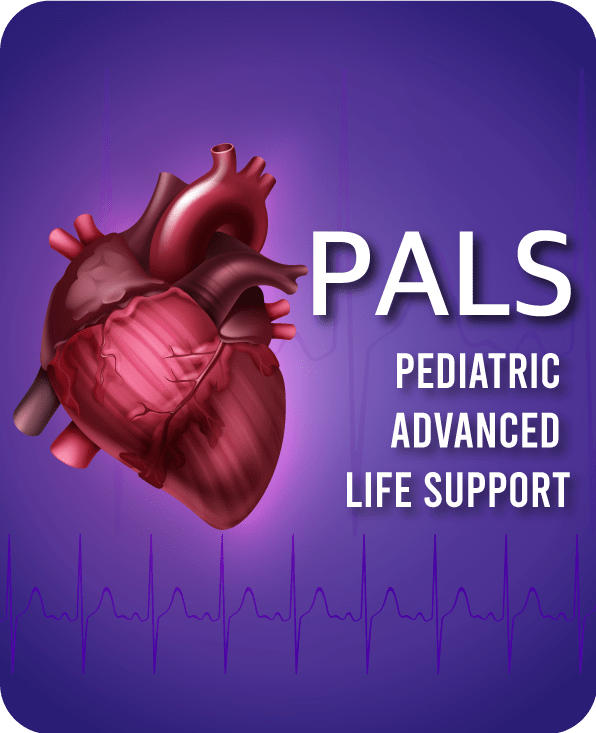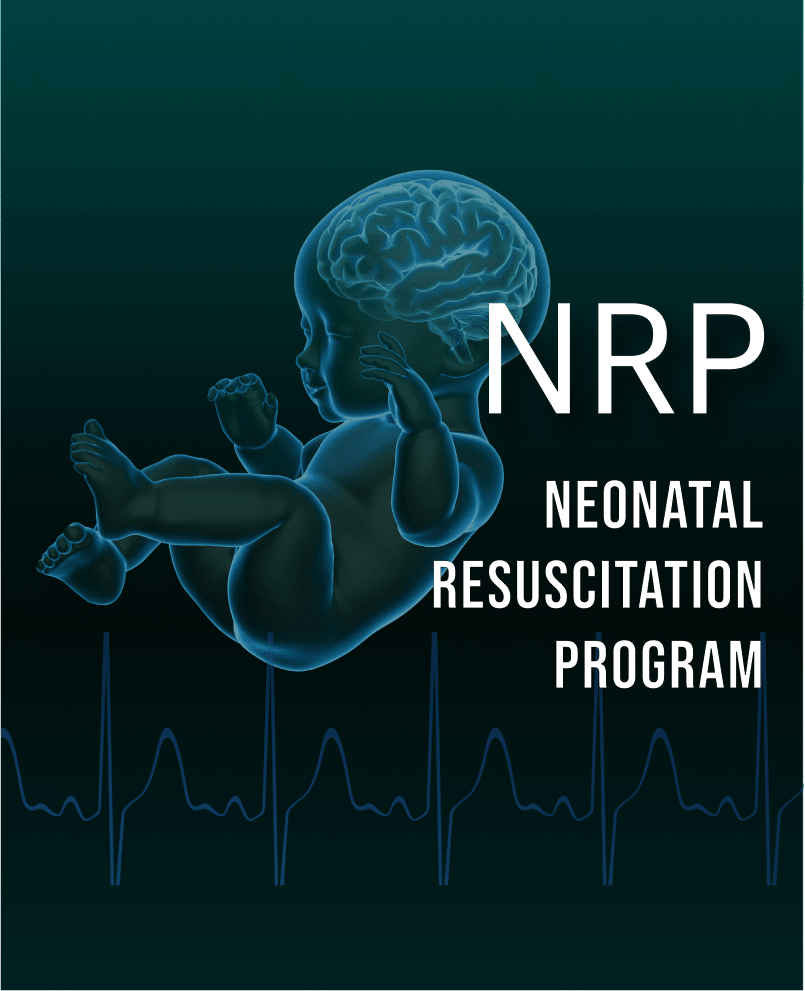A recent study from the University of Southampton challenges the conventional approach to treating psychosis, suggesting that a more diverse range of individually targeted therapies could significantly enhance outcomes for patients.
The research questions the dominant role of Cognitive Behaviour Therapy for psychosis (CBTp) and proposes that leveraging big data and artificial intelligence (AI) may pave the way for more tailored treatment options.
CBTp, introduced in the 1990s and established through numerous clinical trials, has been a primary treatment for psychosis. However, psychologists from the universities of Southampton and Sheffield raise concerns about the complexity and cost-effectiveness of CBTp, prompting a re-evaluation of its efficacy.
Lead author Professor Katherine Newman-Taylor emphasizes the need to explore alternative approaches that may better meet the diverse needs of individuals with psychosis. The study specifically evaluates the benefits of CBTp for individuals with early psychosis, schizophrenia-related diagnoses, and young people at high risk of developing psychosis.
Psychosis involves a distorted perception or interpretation of reality, often manifesting in hallucinations, delusions, and disorganized thinking and speech. While CBTp has been instrumental in helping individuals with psychosis, the researchers question whether refining existing therapies or adopting fewer complex alternatives could yield more favourable outcomes.
The Southampton and Sheffield researchers based their study on umbrella reviews conducted in 2019 and 2023. Umbrella reviews offer a comprehensive analysis of a wide array of research papers, providing a holistic perspective on treatment effectiveness. Their findings, published in the journal Psychology and Psychotherapy: Theory, Research and Practice, suggest that a broader understanding of treatment outcomes is essential.
The study argues that a nuanced approach focusing on the therapeutic relationship and specific processes, such as addressing worry and past trauma, could enhance the effectiveness of treatments. While CBTp has proven beneficial for many, the research underscores that some individuals experience only modest outcomes, and in some cases, harm may occur. The call for a more personalized and targeted approach aims to maximize the positive impact of therapeutic interventions.
In envisioning the future of psychosis treatment, the study proposes leveraging large datasets interpreted by sophisticated AI and machine learning tools. This approach aims to identify precise therapeutic strategies tailored to individual needs. The researchers advocate for incorporating diverse treatment modalities, including CBTp, family involvement, and early establishment of peer support networks.
Professor Katherine Newman-Taylor anticipates a shift towards precision psychological therapies over the next decade. Large, continually evolving datasets built from patient experiences will play a pivotal role in shaping personalized treatments. The emphasis on using data to determine treatment outcomes aligns with the goal of selecting evidence-based therapies tailored to individual needs.
The study underscores the importance of making treatment decisions collaboratively with patients and emphasizes the need for secure and ethical management of health data. Trustworthy organizations that prioritize data security and ethical practices are deemed essential partners in advancing the field of personalized psychological therapies.
The University of Southampton’s study challenges the conventional treatment landscape for psychosis by advocating for a more diverse and individually targeted approach. As the world navigates the complexities of mental health care, the integration of big data, AI, and personalized therapies emerges as a promising avenue for improving outcomes and ensuring ethical and secure practices in the evolving field of psychological interventions for psychosis.
Journal Reference
Katherine Newman‐Taylor et al, Cognitive behavioural therapy for psychosis: The end of the line or time for a new approach?, Psychology and Psychotherapy: Theory, Research and Practice (2023). DOI: 10.1111/papt.12498.





